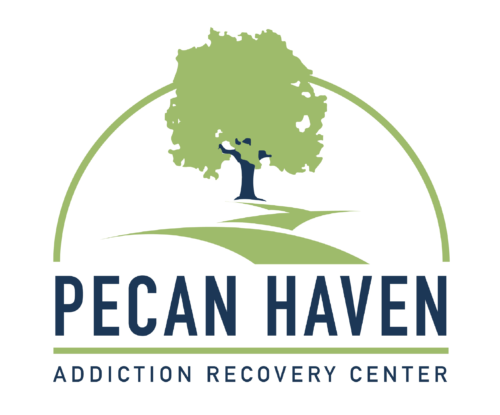Addiction is a complex and multifaceted condition that affects millions of individuals worldwide. Understanding the factors that lead to addiction is crucial for both prevention and treatment. While no single cause can be pinpointed, a combination of genetic, environmental, psychological, and social factors can contribute to the development of addiction. This blog explores these factors in detail to provide a comprehensive understanding of why some people become addicted while others do not.
Genetic Factors
Research has shown that genetics play a significant role in addiction. Individuals with a family history of addiction are more likely to develop substance use disorders themselves. Studies indicate that about 40-60% of a person’s susceptibility to addiction can be attributed to genetic factors. Certain genes can influence the way a person’s brain responds to drugs or alcohol, making them more or less prone to addiction.
Environmental Factors
The environment in which a person grows up can significantly impact their likelihood of developing an addiction. Factors such as exposure to drug use at home, peer pressure, and socio-economic status can contribute to substance abuse. For instance, individuals who grow up in households where drug or alcohol use is prevalent are more likely to engage in similar behaviors. Additionally, living in communities with high levels of drug availability and low social cohesion can increase the risk of addiction.
Psychological Factors
Mental health disorders are closely linked with addiction. Conditions such as depression, anxiety, PTSD, and ADHD can make individuals more vulnerable to substance abuse as they may use drugs or alcohol as a coping mechanism. Additionally, personality traits such as impulsivity, risk-taking behavior, and a propensity for novelty-seeking can increase the likelihood of developing an addiction.
Social Factors
Social interactions and relationships also play a critical role in addiction. Peer pressure, especially during adolescence, can lead to initial drug or alcohol use. Social isolation, lack of support systems, and stressful life events such as the loss of a loved one, divorce, or financial troubles can also contribute to the development of addiction. Moreover, societal norms and cultural attitudes towards drug and alcohol use can influence an individual’s behavior and perception of substance use.
The Role of Trauma
Trauma, particularly in childhood, is a significant factor in the development of addiction. Adverse Childhood Experiences (ACEs), such as physical or emotional abuse, neglect, and household dysfunction, can increase the risk of substance use disorders. Trauma can lead to changes in the brain that make individuals more susceptible to addiction. People who have experienced trauma may turn to drugs or alcohol to numb their pain or cope with difficult emotions.
Co-Occurring Disorders
Often, addiction does not occur in isolation but alongside other mental health conditions, a situation known as dual diagnosis. Co-occurring disorders can complicate the treatment process, as both the addiction and the mental health disorder need to be addressed simultaneously. This interplay highlights the importance of comprehensive treatment approaches that consider all aspects of an individual’s health.
Biological Mechanisms
The brain’s reward system plays a crucial role in addiction. Substances such as drugs and alcohol can hijack this system, leading to the release of large amounts of dopamine, a neurotransmitter associated with pleasure and reward. Over time, the brain becomes dependent on the substance to release dopamine, leading to tolerance, dependence, and eventually addiction. Understanding these biological mechanisms is essential for developing effective treatments and interventions.
Contact Us Today
Understanding the various factors that lead to addiction is essential for both prevention and effective treatment. At Pecan Haven Addiction Recovery Center, we recognize the complexity of addiction and offer comprehensive treatment programs tailored to each individual’s needs. Our residential treatment programs, intensive outpatient programs, and residual detox programs are designed to address all aspects of addiction, including underlying mental health conditions. If you or a loved one is struggling with addiction, contact us at (318) 600-3333. Our dedicated team is here to provide the support and care you need to start your journey to recovery.
By addressing the root causes of addiction and providing holistic treatment approaches, Pecan Haven Addiction Recovery Center aims to help individuals achieve lasting recovery and reclaim their lives. Remember, addiction is a treatable condition, and seeking help is the first step towards a healthier, happier future.


Recent Comments